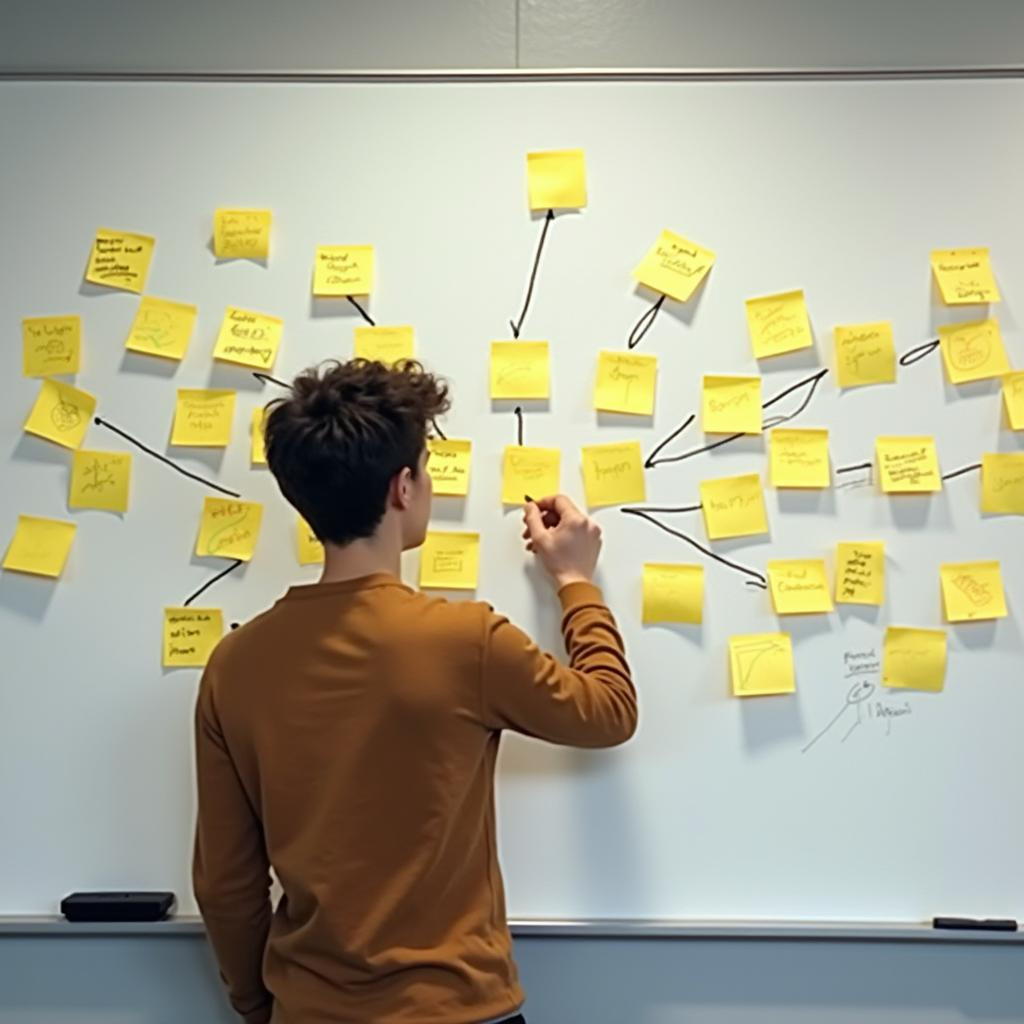Over-Functional Parents and "ADHD" kids
Functional ADHD = Conditioned ADHD

When Structure Backfires: Functional ADHD in Over-Scheduled, Over-Managed, “Successful” Kids
In our drive to help children succeed, many well-intentioned parents fill their children’s days with tutoring, enrichment activities, structured routines, and constant oversight. In high-achieving families, this often comes from a place of love, care, and deep investment. But behind the polished calendars and impressive résumés, a growing number of children are presenting with inattention, low persistence, emotional reactivity, and executive dysfunction that resemble ADHD.
Yet these behaviors often aren't rooted in a neurodevelopmental disorder. Instead, they reflect what we call functional ADHD: a pattern of attention and regulation difficulties that are conditioned by the environment, not by neurology. And increasingly, these very behaviors are being captured on behavior rating scales, completed by the same highly involved parents, leading to ADHD diagnoses based on dynamics the environment has helped create.
Let us examine this dynamic more closely and how the shift from healthy parental nurture to overfunctioning and overcompensation, though often subtle and well-meaning, can become developmentally problematic. When support turns into control and protection becomes overmanagement, the child’s ability to grow into autonomy, self-understanding, and resilience can be unintentionally stunted.
What Is Functional ADHD?
Functional ADHD refers to a clinical picture where a child displays:
- Trouble initiating tasks
- Low frustration tolerance
- Inattention and distractibility
- Dependency on external prompts
But these behaviors don’t stem from a neurological disorder—they stem from an environment where the child is highly structured, highly guided, and rarely allowed to self-direct. Often these children have not had enough opportunities to:
- Make their own decisions
- Experience natural consequences
- Sit with boredom or discomfort.
- Learn from trial, error, and failure.
Over time, the child becomes externally motivated and internally underdeveloped.
When Nurture Turns Into Over-Functioning
What begins as nurture—a parent helping a child tie their shoes, organize a backpack, or practice spelling—can slowly evolve into overfunctioning. Parents may begin managing every detail of their child’s life, not only to support but also to optimize outcomes: better performance, higher grades, a stronger academic path.
In this process:
- The child stops being the driver of their development.
- The parent becomes the executive functioning system.
- The child may succeed on paper but lacks internal ownership of their effort.
Eventually, when this scaffolding is removed—either at school, in adolescence, or during transitions—the child may fall apart, not because of a disorder, but because the skills never had a chance to grow.
When Abilities Don’t Match Expectations
This often plays out in school environments where the expectations exceed the child’s developmental readiness. The child may be intelligent, but not equipped to self-manage in an accelerated program or performance-driven academic culture.
Here’s the typical cycle:
- A child underperforms or resists tasks requiring self-initiation
- Parent increases control in response to perceived failure.
- The child becomes more anxious, avoidant, and dependent.
- Behaviors resembling ADHD (distraction, disorganization, emotional dysregulation) emerge.
This loop becomes self-reinforcing, especially when the parent believes they’re helping.
The Diagnostic Trap: Behavior Rating Scales
The scales ask
“Fails to complete tasks unless supervised.”
Parental answer
“often”
Environmental reality
A child has infrequently practiced task independence
The scales ask
“Avoids effortful tasks”
Parental answer
“often”
Environmental reality
A child is anxious or unsure how to start without help
The scales ask
“Disorganized”
Parental answer
“frequently”
Environmental reality
The parent manages all logistics, so the skill never develops
Add Screens to the Mix
Layering in heavy screen use further compounds the problem:
- The brain gets conditioned to expect instant, high-reward feedback
- Sustained effort becomes increasingly complex.
- Boredom tolerance declines
- Regulation worsens due to chronic overstimulation.
Now the child is externally managed by parents and neurologically shaped by screens, with little access to quiet, internally driven motivation. They appear impulsive, inattentive, and overwhelmed—not because of ADHD, but because developmental growth has been crowded out.
What Children Actually Need
- Opportunities to fail—safely.
Real growth comes from natural consequences. Forgotten homework, missed deadlines, or social missteps are not disasters but lessons. - A gradual release of control.
Let the child begin managing their routines, problem-solving their mistakes, and learning to cope. - Time to be bored.
Boredom creates space for creativity, emotional regulation, and internal motivation. - A match between the environment and readiness.
Sometimes, it’s not the child who is unprepared—the developmentally misaligned environment. - A chance to build autonomy and self-understanding.
Children need to see the real consequences of their actions—not just to avoid punishment, but to build identity. When they own their choices, they build executive skills, confidence, and resilience.
Final Thoughts
Not all inattention is ADHD. Not all low motivation is a disorder. Sometimes, these are the symptoms of a child who has been over-supported, over-scheduled, and over-managed and has not yet had the developmental space to become themselves.
Before diagnosing, ask:
“Has this child had the opportunity to build the skills we expect them to have?”
Let’s give children back the time, freedom, and space to grow—not just for performance but for selfhood.
Let’s give children back the time, freedom, and space to grow—not just for performance, but for selfhood.
Reach out to recalibrate and truly foster your child's development drj@jeltova.com
| Rating Item | Parental Observation | Underlying Context |
|---|



